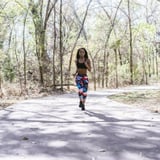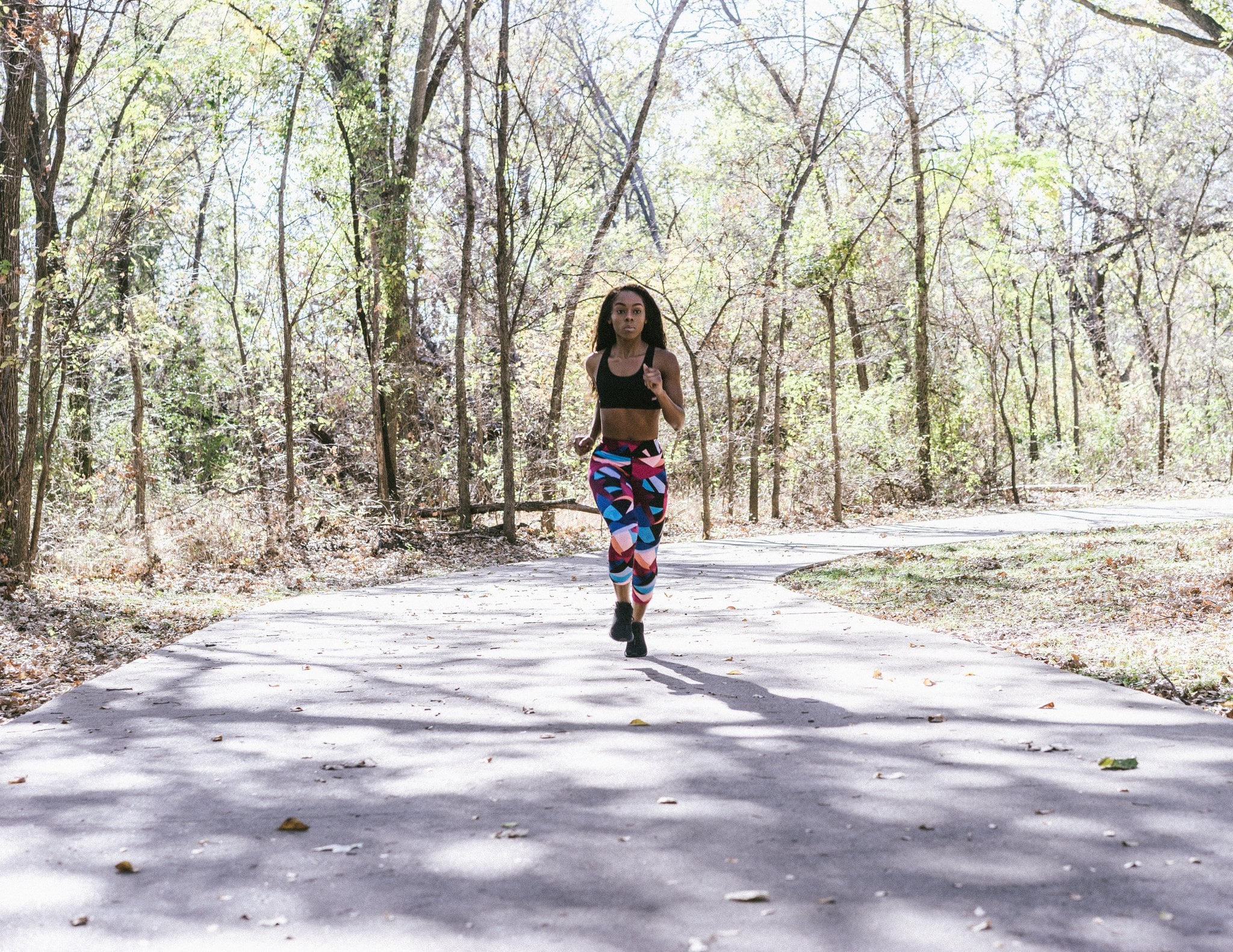

If you've got a regular workout routine in effect, you've also likely nailed down a refuel plan to help you recover quickly and efficiently. But your pre-exercise eating habits are just as important, as they can also affect the quality of your workout. Even if you've nailed down a regular workout schedule, deciding what to eat beforehand, and when you're good to hit the gym afterward, can be a bit tricky.
According to Shauna Sacco, a registered dietitian and certified personal trainer at the Houstonian Club in Houston, the ideal timing of a workout after eating will vary from person to person, and it depends on the type of food as well as the type of exercise.
"For best performance, it is best to wait two to three hours after a large meal to begin exercising, as digesting requires a lot of energy and draws blood to the digestive tract, making it less available to muscles," she said. "That's why large meals make us feel heavy and sluggish."
Fat and protein take longer to digest than carbohydrates, Sacco said. As such, ideal pre-workout meals are centered on foods such as pastas, whole grains, sweet potatoes, and fruit.
"On the other hand, you never want to work out on an empty stomach, especially in the morning," Sacco said of her opinion on the matter. "If your stomach is growling, grab a small carbohydrate-rich snack prior to exercising. This could be a banana and yogurt, granola bar, half an apple and peanut butter, oatmeal, or a handful of almonds and dried apricots."
Starla Garcia, a registered dietitian in Houston, shares that sentiment.
"If you need to eat something immediately before a workout, such as while you're walking into your gym or driving to a running trail, you'll want to aim for it to be around 15 grams of carbohydrate for quick, easy energy. Examples include a banana, granola bar, or small bag of pretzels. Or if you know you do well with food, you can also have one cup or eight ounces of sports drink such as Gatorade or Powerade.
"You just want to make sure you have something so you can power through the workout and last though it," she said.
If you've got 15-30 minutes before your workout, you should opt for something with 30 grams or less of carbohydrate of something very easy to digest, such as dried fruit slices or raisins, crackers, an energy gel, a fruit cup, or a few orange slices. If you've got one or two hours before working out, Garcia advises focusing on more carbohydrates, with snacks around 30-45 grams, such as yogurt with granola, peanut butter crackers, whole-grain popcorn and nuts, pretzels with nut butter, half a bagel with cream cheese or other spread, or trail mix with a glass of low-fat or alternative nut milk.
The type of exercise also makes a difference in how long you should wait after eating. Jumping right into high-impact aerobic exercise after a large meal can cause indigestion, heartburn, and even diarrhea. Lower-impact exercise such as a barre class may have less of this effect, and some yoga poses actually aid digestion, Sacco said.
"With so many factors to consider, sometimes it's best to literally 'go with your gut' and work out when you feel you've had time to digest but aren't overly hungry. Eat lower-fat, carbohydrate-focused meals on days you know you'll be exercising, and keep some pre-workout snacks in your gym bag," she said.
Finally, if you're working out after a meal, it's best to wait two to three hours to work out, Garcia said. Aim to eat a small meal with a mix of lean protein, vegetables, and healthy fats to help you stay full and satisfied until the workout. This can include pita with turkey and vegetables, half a tuna sandwich with avocado and veggies, hummus with baked pita chips, or a classic peanut butter and banana sandwich.




0 comments :
Post a Comment